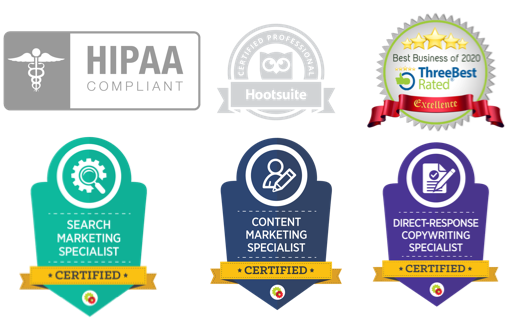Imposter Syndrome: Are Plagued by the Imposter Syndrome?
Imposter Syndrome: Are Plagued by the Imposter Syndrome?
According to a research paper I read published in the Journal of Behavioral Science, it’s estimated that 70% of the U.S. population has experienced what’s known as impostor syndrome at least once in their life – that’s over 200,000,000 million people!
Langford and Clance define the imposter syndrome in their Psychotherapy: Theory, Research, Practice, Training paper as a psychological pattern in which an individual doubts their accomplishments and has a persistent internalized fear of being exposed as a “fraud” – sounds demoralizing and it sure is crushing to one’s confidence and self-esteem especially if embarking on a new leadership role.
The problem of not feeling good enough can negatively impact one’s state of mind and can also result in:
- having less satisfaction and more anxiety in life
- wasting time over-preparing
- worrying instead of doing good work and having fun
- becoming less effective as colleagues and bosses
- asking for less money, not knowing your value
- never asking for new challenges or opportunities
I once worked with a young lady who got prompted to a completely new leadership position a couple of years ago where she felt a little incompetent.
She had an internal fear that people would find out that beneath the blazer and A-line skirt, she didn’t know what she was doing and didn’t possess the leadership qualities needed to perform her job; she went from being a subject matter expert to being a team lead directing a group of experts.
The whole ordeal was testing her self-esteem and confidence in her ability to perform.
My first advice to her was to quiet her inner critic and to talk about what’s going on in her mind with a mentor, a coach or a trusted professional outside of her organization.
Once people start opening up about their fears, they quickly learn that others around them have felt the same way in the past. Know you are not alone: the impostor syndrome is a universal experience among mega successful CEO’s and C-suite authoritative bosses. Most people experience it, so welcome to the club!
I remember talking to a renowned physician who admitted that he, himself, felt the pressure for being behind when it came to technology-enabled care. I was truly humbled and learned that we all balance, complement and enhance each other in one way or another. I actually felt closer to him than I did early on in the project.
One of the most valuable lessons I learned from the book “The First 90 Days” by Michael D. Watkins is that a new leader needs to establish a clear break-point.
As a new leader you probably thought you got promoted because you excelled at clinical practice, for example, so you continue to focus on clinical practice in all your new assignments even if the new assignments require more time and effort spent on strategy and vision. The qualities that have made you successful so far can prove to be weaknesses in your new role.
Even worse, you may be pressured to perform both jobs until your previous position is filled, making the line of demarcation even fuzzier. Because you may not get a clean transition in terms of job responsibilities, it is essential to discipline yourself to make the transition mentally.

Pick a specific time, such as a statutory holiday, and use it to imagine yourself being promoted. Celebrate the transition with family and friends. Think hard about the differences between the two roles and in what ways you have to think and act differently.
Assess your qualities by writing down your strengths and vulnerabilities. Use the time to touch-base with your informal advisers and counselors and ask for some quick wins and insights. Rank yourself on a scale from 1 – 10 and ask your former colleagues to evaluate you.
The first limiting belief in your way of success is the unshakable conviction that you are getting away with something and that any moment now they will discover you! As a new leader, you need to wholeheartedly accept that you have had some role in your successes. You did do something to get where you are.
Lastly, remember this: no one has a crystal ball. No one knows everything. You don’t know what other people are thinking about you; they don’t know what you are thinking, either.

Even their verbal statements about your work or who you are as a professional does not reveal their disposition about your suitability for the new role. It is crucially important to remember that assessment of your work is just that — it reflects your work, not you.
↓↓ Expert digital marketing that gets you more clients and more revenue ↓↓



